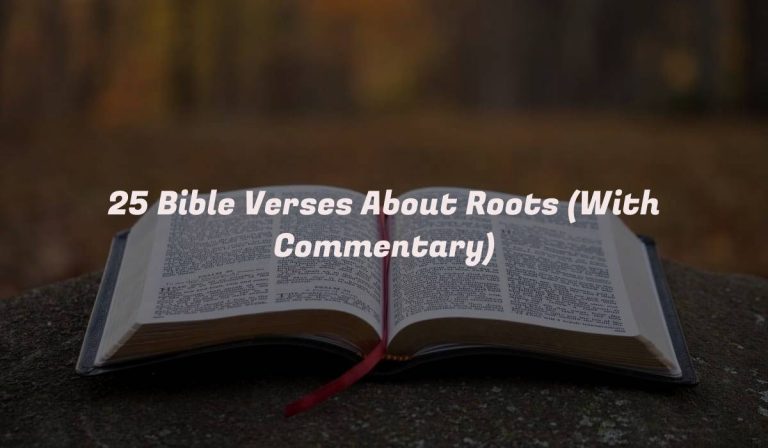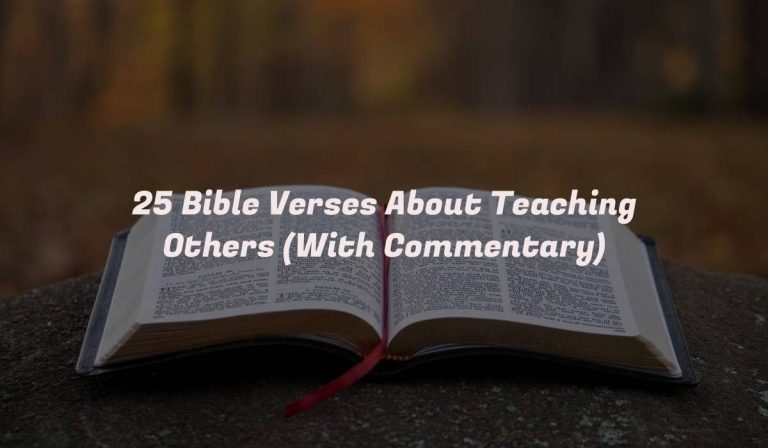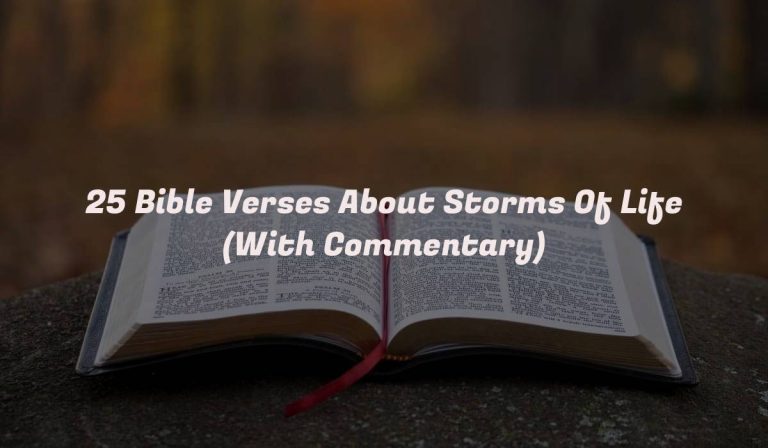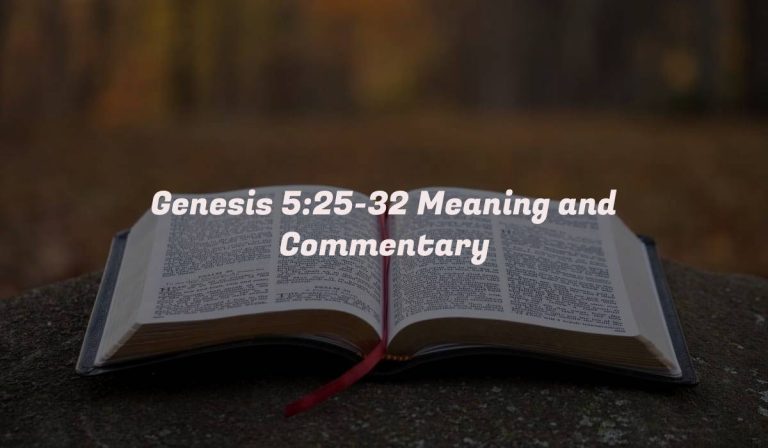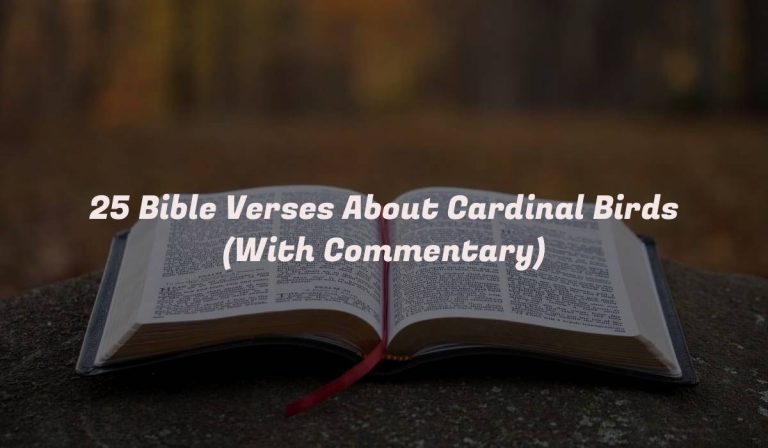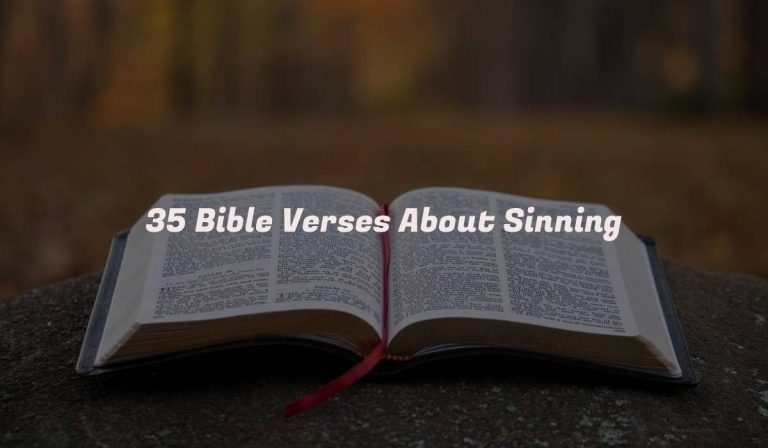Genesis 8:13-17 Meaning and Commentary
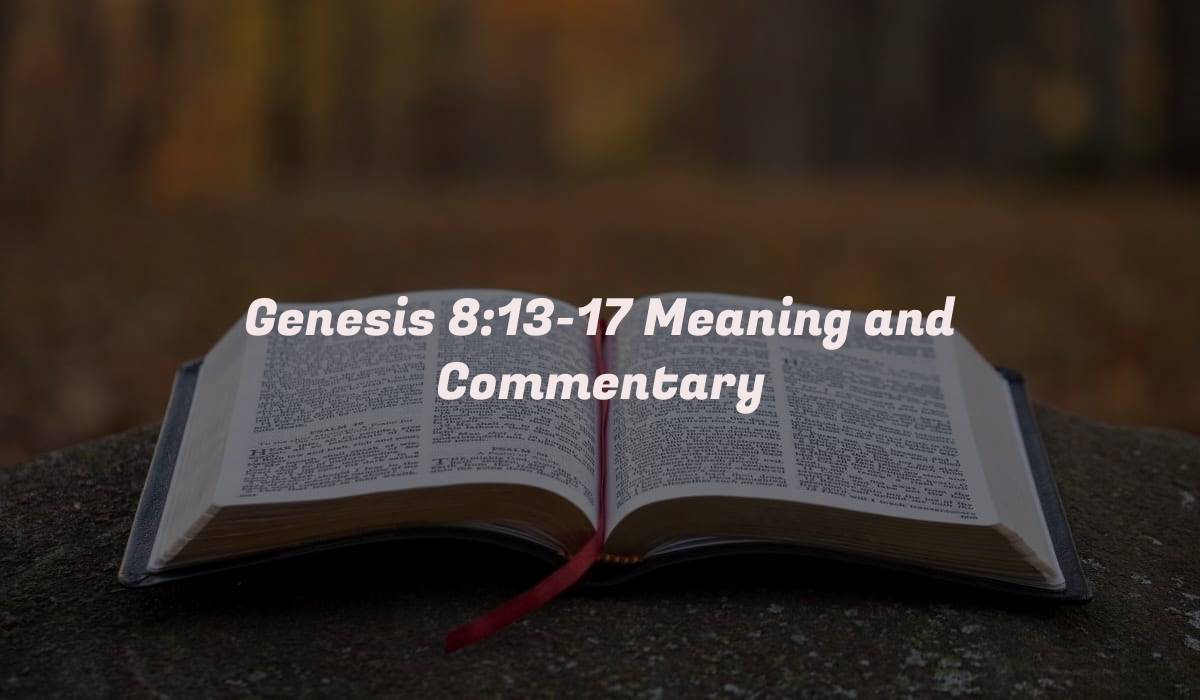
Genesis 8:13-17
“By the first day of the first month of Noah’s six hundred and first year, the water had dried up from the earth. Noah then removed the covering from the ark and saw that the surface of the ground was dry. By the twenty-seventh day of the second month the earth was completely dry. Then God said to Noah, ‘Come out of the ark, you and your wife and your sons and their wives. Bring out every kind of living creature that is with you—the birds, the animals, and all the creatures that move along the ground—so they can multiply on the earth and be fruitful and increase in number on it.’”
Genesis 8:13-17 Meaning
These verses from Genesis 8:13-17 describe the aftermath of the great flood that God sent upon the earth. Noah and his family had been living in the ark for many months, and now the waters had subsided, and the earth was drying up. In these verses, God speaks to Noah and instructs him to leave the ark and release all the animals so they can multiply and repopulate the earth.
Explanation and Commentary on Genesis 8:13-17
God had chosen Noah and his family to be saved from the flood because Noah found favor in His eyes. Noah was a righteous man who walked with God (Genesis 6:8-9). After being in the ark for so long, it must have been a great relief for Noah and his family to finally step onto dry ground. Through these verses, we see the faithfulness of God to fulfill His promises.
After enduring the torrential rains and flooding for 150 days, the waters finally began to recede. Verse 13 paints a vivid picture of the earth’s transformation as Noah removes the covering of the ark and sees that the surface of the ground is drying up.
This moment signifies a new beginning, a turning point after the catastrophic flood. It reflects the concept of rebirth and renewal—a theme that resonates throughout the Bible. Just as the world was washed clean of its corruption through the floodwaters, this moment symbolizes the possibility of redemption and starting anew.
The period of waiting for the waters to recede may mirror our own experiences of waiting for challenging times to pass. It teaches us patience, perseverance, and trust in God’s timing. In the midst of uncertainty and hardship, we can find hope in the promise that after the storm, there will be restoration.
God’s covenant with Noah in these verses reaffirms His faithfulness and grace. He establishes a covenant, not just with Noah and his family, but with all living creatures on earth. This covenant is a testament to God’s enduring love and commitment to His creation, emphasizing His desire for relationship and care for every living being.
It’s noteworthy to connect this covenant with earlier promises in the Bible, such as the covenant made with Abraham (Genesis 15:18) and the ultimate covenant through Jesus Christ (Luke 22:20). These covenants reveal God’s intention to reconcile humanity to Himself and highlight His redemptive plan throughout history.
The responsibility given to Noah and his descendants to be fruitful, multiply, and fill the earth echoes the divine mandate given to humanity in Genesis 1:28. It emphasizes our role as stewards of creation, entrusted by God to care for the earth and all its inhabitants.
As we reflect on these verses, we’re reminded of the importance of faith, obedience, and gratitude. Just as Noah trusted God’s instructions and patiently waited for the waters to recede, we’re called to trust in God’s promises and timing in our own lives. We’re encouraged to embrace new beginnings with gratitude, recognizing God’s faithfulness and the opportunity for renewal in every season of life.
Context of Genesis 8:13-17
The flood was a significant event in human history. God had seen the wickedness of mankind and decided to start anew, saving only Noah and his family.
He instructed Noah to build an ark to bring his family and a pair of every kind of animal on board. It rained for forty days and forty nights, flooding the entire earth. After the floodwaters receded and the land dried up, God provided safety and new beginnings for Noah and his family.
Breaking Down the Key Parts of Genesis 8:13-17
a) “On the first day of the first month of Noah’s six hundreth first year, the water had dried up from the earth.” – This verse establishes the specific timing of when Noah and his family left the ark.
b) “Then Noah built an altar to the LORD and, taking some of all the clean animals and clean birds, he sacrificed burnt offerings on it.” – Noah’s first act upon leaving the ark was to worship God. He built an altar and made a burnt offering, demonstrating gratitude and obedience to God.
c) “I establish my covenant with you: Never again will all life be destroyed by the waters of a flood; never again will there be a flood to destroy the earth.” – God makes a covenant with Noah and his descendants, promising to never destroy the world with a flood again. This covenant is a sign of God’s faithfulness to His creation.
Bible Study on Genesis 8:13-17
In Genesis 8:13-17, we see the faithfulness and sovereignty of God. He fulfills His promises and establishes covenants with His people. It is a reminder that God is in control of all creation and that His plans are perfect. Just as God saved Noah and his family from the flood, He also desires to save us from sin and destruction.
Noah’s act of worship is also an example for us. In every situation, whether in times of trial or times of triumph, we should turn to God in worship and gratitude. He is deserving of our praise and honor, and worshiping Him brings us closer to Him.
Biblical Translations of Genesis 8:13-17
Genesis 8:13-17 King James Version (KJV)
“And it came to pass in the six hundredth and first year, in the first month, the first day of the month, the waters were dried up from off the earth: and Noah removed the covering of the ark, and looked, and, behold, the face of the ground was dry. And in the second month, on the seven and twentieth day of the month, was the earth dried. And God spake unto Noah, saying, Go forth of the ark, thou, and thy wife, and thy sons, and thy sons’ wives with thee. Bring forth with thee every living thing that is with thee, of all flesh, both of fowl, and of cattle, and of every creeping thing that creepeth upon the earth; that they may breed abundantly in the earth, and be fruitful, and multiply upon the earth.”
Genesis 8:13-17 English Standard Version (ESV)
“In the six hundred and first year, in the first month, the first day of the month, the waters were dried from off the earth. And Noah removed the covering of the ark and looked, and behold, the face of the ground was dry. In the second month, on the twenty-seventh day of the month, the earth had dried out. Then God said to Noah, ‘Go out from the ark, you and your wife, and your sons and your sons’ wives with you. Bring out with you every living thing that is with you of all flesh—birds and animals and every creeping thing that creeps on the earth—that they may swarm on the earth, and be fruitful and multiply on the earth.’”
Genesis 8:13-17 New American Standard Bible (NASB)
“Now it came about in the six hundred and first year, in the first month, on the first of the month, the water was dried up from the earth. Then Noah removed the covering of the ark, and looked, and behold, the surface of the ground had dried up. In the second month, on the twenty-seventh day of the month, the earth was dry. Then God spoke to Noah, saying, ‘Go out of the ark, you and your wife and your sons and your sons’ wives with you. Bring out with you every living thing of all flesh that is with you, birds and animals and every creeping thing that creeps on the earth, that they may breed abundantly on the earth, and be fruitful and multiply on the earth.’”
Genesis 8:13-17 New Living Translation (NLT)
“Exactly one year after the flood began, the floodwaters had almost dried up from the earth. Noah lifted back the covering of the boat and saw that the surface of the ground was drying. Two more months went by, and at last the earth was dry! Then God said to Noah, ‘Leave the boat, all of you—you and your wife, and your sons and their wives. Release all the animals—the birds, the livestock, and the small animals that scurry along the ground—so they can be fruitful and multiply throughout the earth.’”
Genesis 8:13-17 The Message (MSG)
“In the six hundred first year of Noah’s life, on the first day of the first month, the flood had dried up. Noah opened the hatch of the ship and saw dry ground. By the twenty-seventh day of the second month, the earth was completely dry. God spoke to Noah: ‘Leave the ship, you and your wife and your sons and your sons’ wives. And take all the animals with you, the whole menagerie of birds and mammals and crawling creatures, all that brimming prodigality of life, so they can reproduce and flourish on the earth.’”
Genesis 8:13-17 New King James Version (NKJV)
“And it came to pass in the six hundred and first year, in the first month, the first day of the month, that the waters were dried up from the earth; and Noah removed the covering of the ark and looked, and indeed, the surface of the ground was dry. And in the second month, on the twenty-seventh day of the month, the earth was dried. Then God spoke to Noah, saying, ‘Go out of the ark, you and your wife, and your sons and your sons’ wives with you. Bring out with you every living thing of all flesh that is with you: birds and cattle and every creeping thing that creeps on the earth, so that they may abound on the earth, and be fruitful and multiply on the earth.’”
Final Thoughts
Genesis 8:13-17 teaches us about God’s faithfulness and His desire to establish a covenantal relationship with His people. Just as God made a promise to Noah, He also makes promises to us. We can trust Him to fulfill His promises in our lives and to lead us into new beginnings.
Let us always remember to worship and honor God in every season of our lives, just as Noah did. Our worship brings us closer to God and strengthens our faith. As we study the story of Noah and the flood, let us be encouraged to trust in God’s faithfulness and sovereignty, knowing that He will always provide a way for us to overcome life’s challenges.

